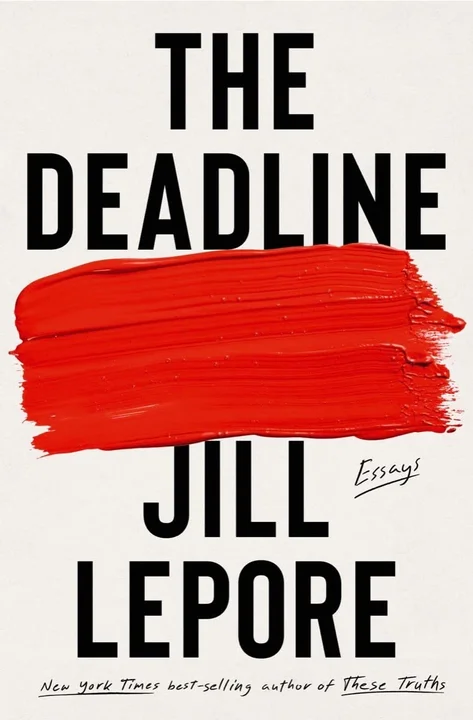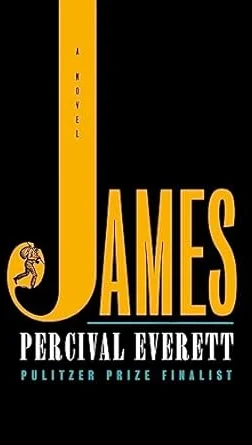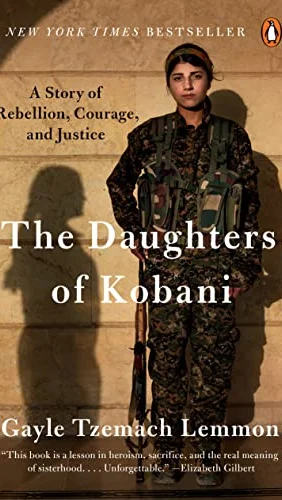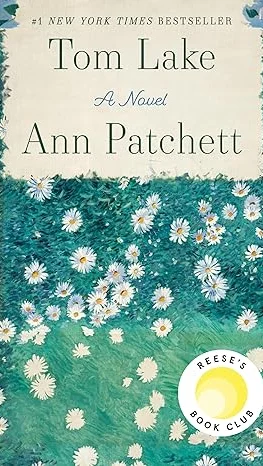
Jill Lepore states in her introduction to The Deadline that she has “tried to write history differently.” Frustrated by the “buttoned-up conventions of the discipline” of history, but equally uninterested in the genre of full-fledged memoir, in which the “only authority the author holds is the authority of personal experience,” Lepore has managed to strike an exquisite balance, interweaving intimate narratives from her personal life with meticulously researched historical accounts.
The Deadline is a collection of 46 essays written throughout the last decade, covering a sweeping array of topics, from the Magna Carta to Mary Shelley, from Bratz Dolls to Donald Trump. Lepore, a professor of history at Harvard and staff writer at The New Yorker, is among the most influential historical thinkers and writers in the contemporary US. Many of these essays were previously published in The New Yorker, but a few are brand new to the public. Even for those who have kept up with Lepore’s writing over the years, The Deadline is worth a read; presented all together, the essays present an impactful look at our complicated current moment in American culture and politics. Many of the essays tackle pertinent and contentious issues of our day (think artificial intelligence, the Covid pandemic, feminism and #MeToo, public school curricula), grounding these contemporary debates in rigorous research about our past. In “Politics and the New Machine,” for example, Lepore looks at election polling, drawing on the history of the practice to show both the path to the polling industry today and the important ways in which our current moment deviates from the past.
Many of the best essays look at influential cultural and literary figures in US history, presenting deep dives into their complex inner lives. Among my favorites are “It’s Still Alive,” on Mary Shelley and Frankenstein, “Ahab at Home,” on Herman Melville, and “The Shorebird,” on Rachel Carson. Lepore situates these characters amid the historical contexts in which they lived, loved, worked, and died, creating rich profiles that are at once academic and deeply personal.
Though the book’s overall political ethos leans liberal, Lepore maintains an impressive balance throughout the essays. “The War and the Roses,” for example, looks with an equally critical eye at both the 2016 Democratic and Republican national conventions. In “Battleground America,” Lepore presents a refreshingly historical, well-researched exploration of guns and gun control in the US, coupled with a retelling of her experience learning to shoot at the American Firearms School. Above all, the essays are grounded in a belief of the fundamental goodness of the American democratic project. While firm in her convictions, Lepore is not an idealogue. Building her arguments upon fact and historical record with a confident yet reasonable voice, she offers the reader hope for a way forward through the polarization and division that plagues our nation.
 Skip to main content
Skip to main content


